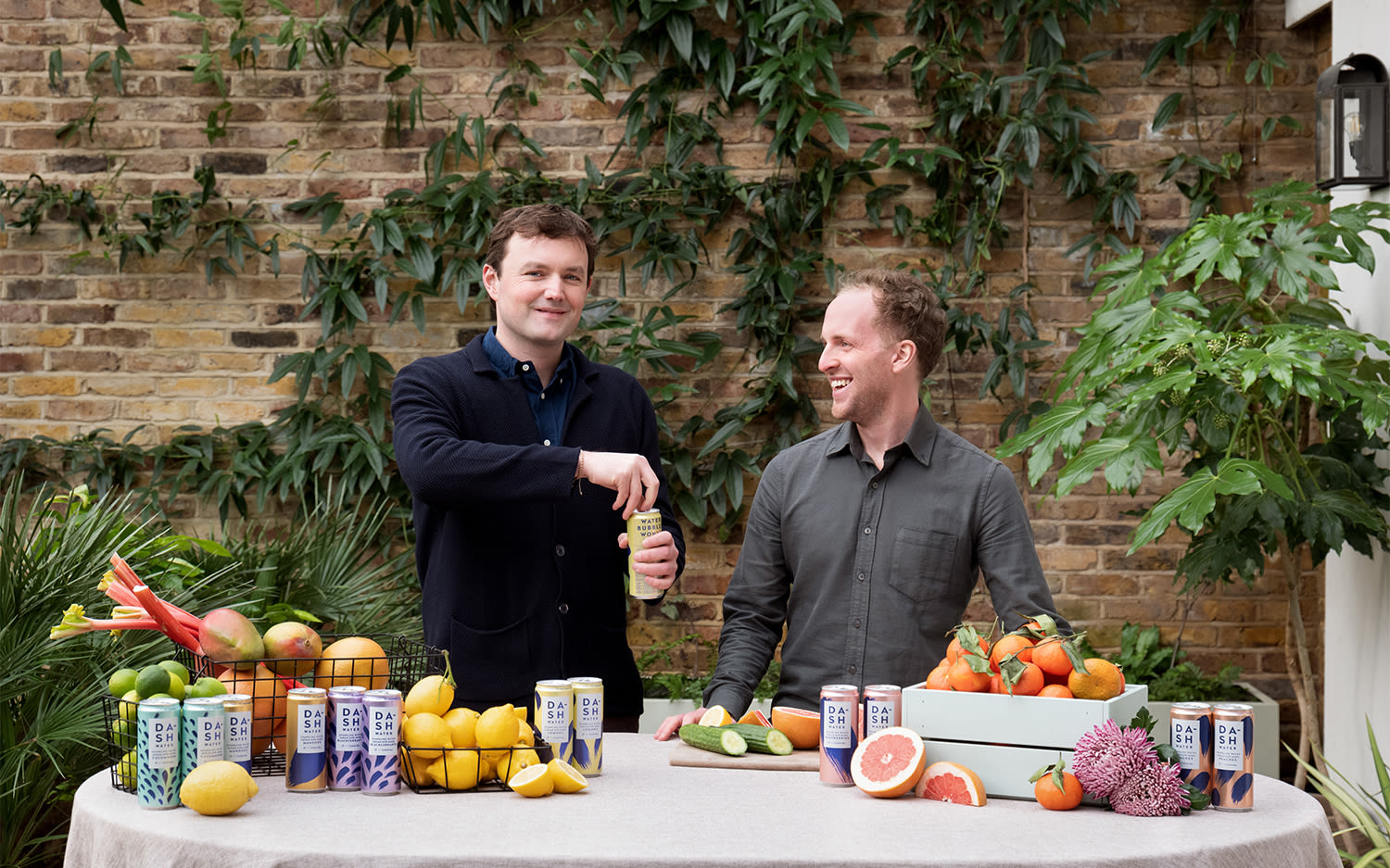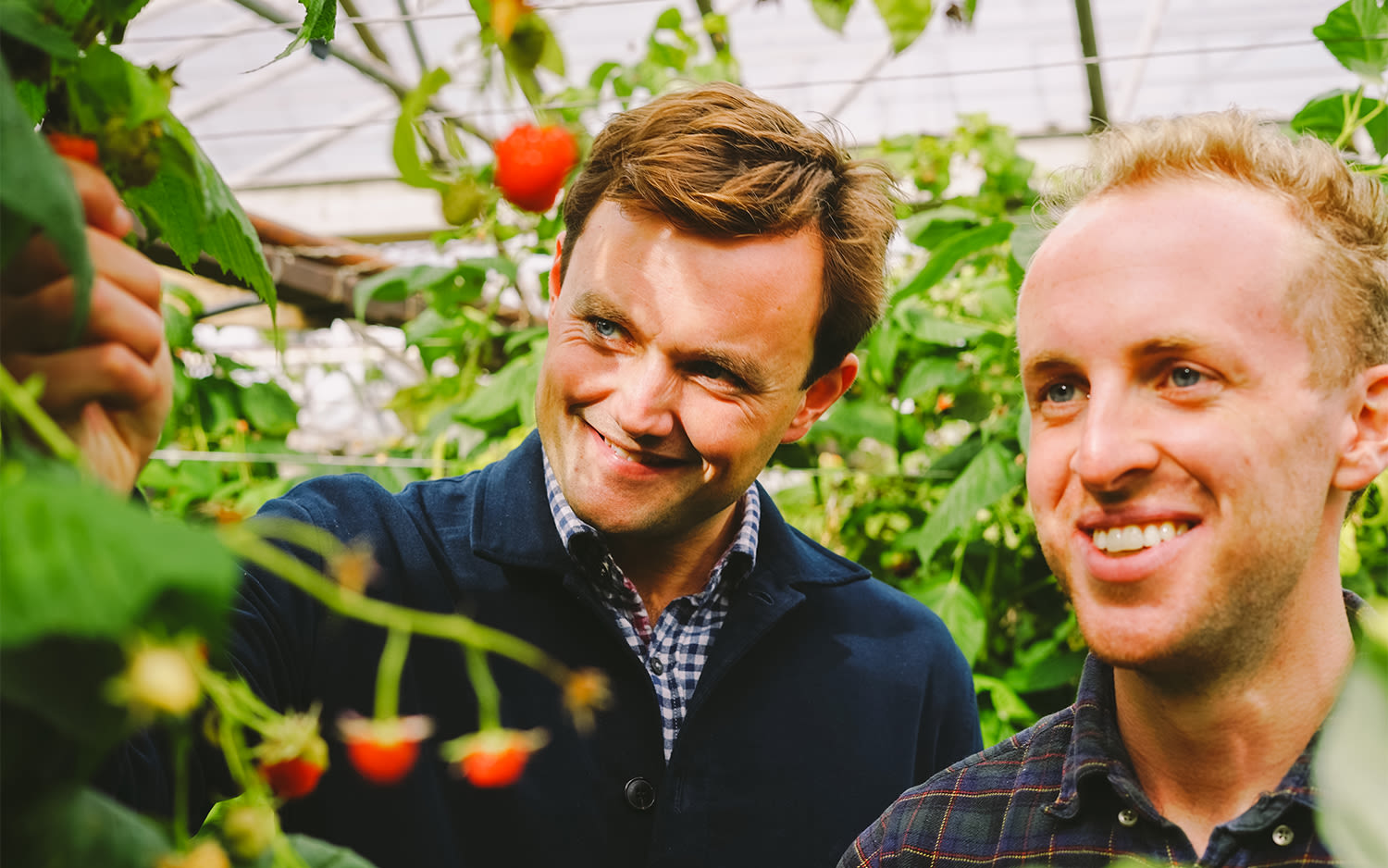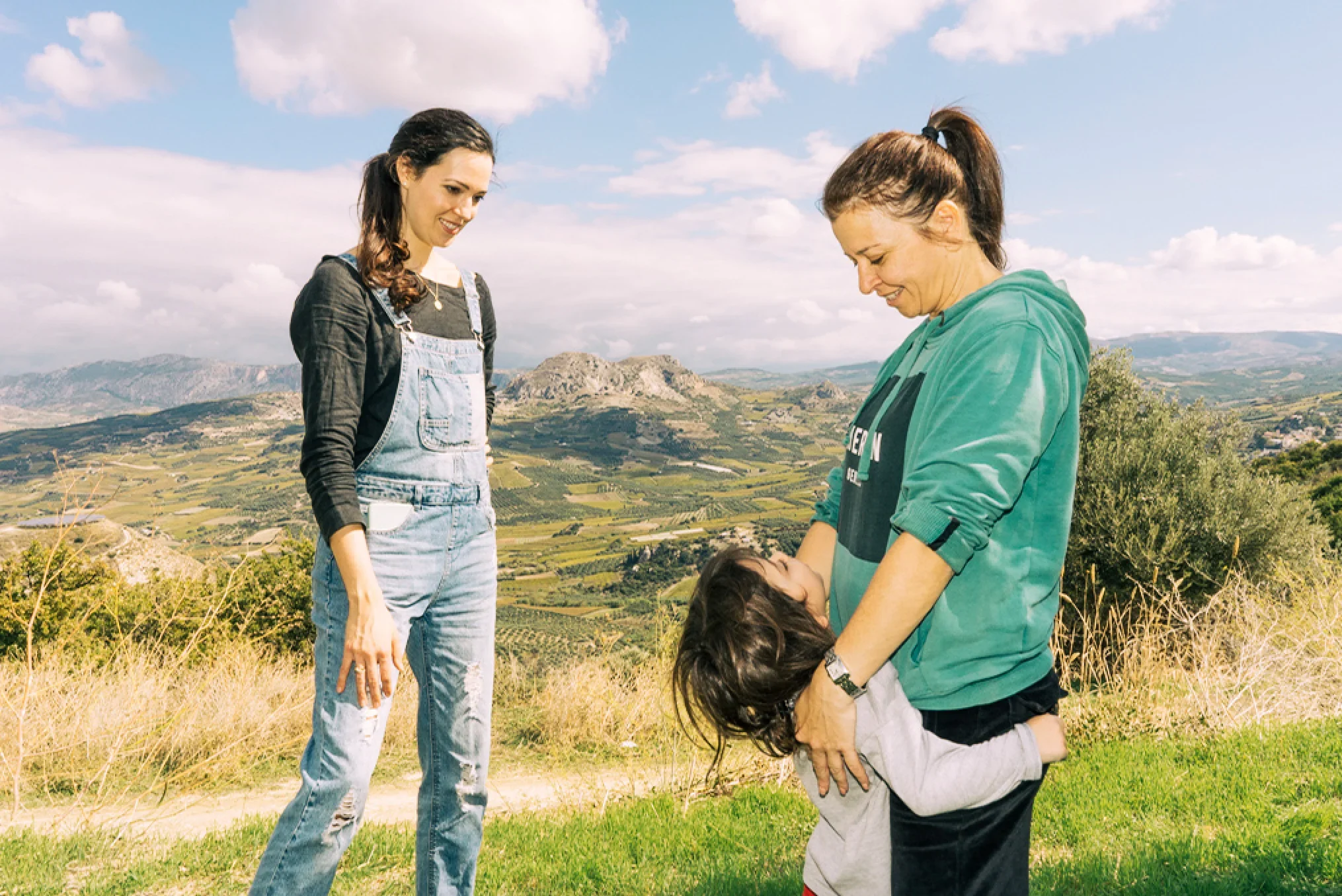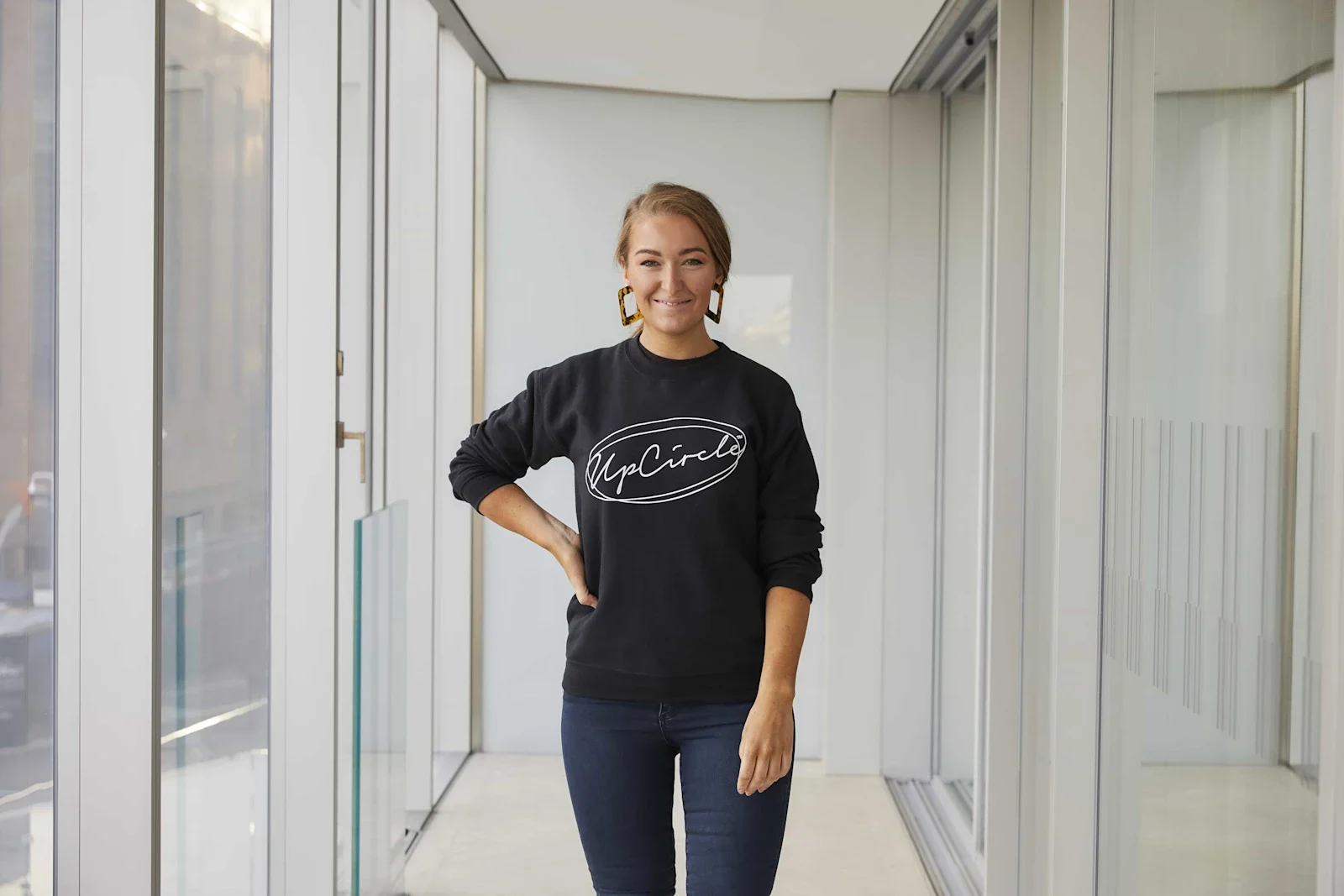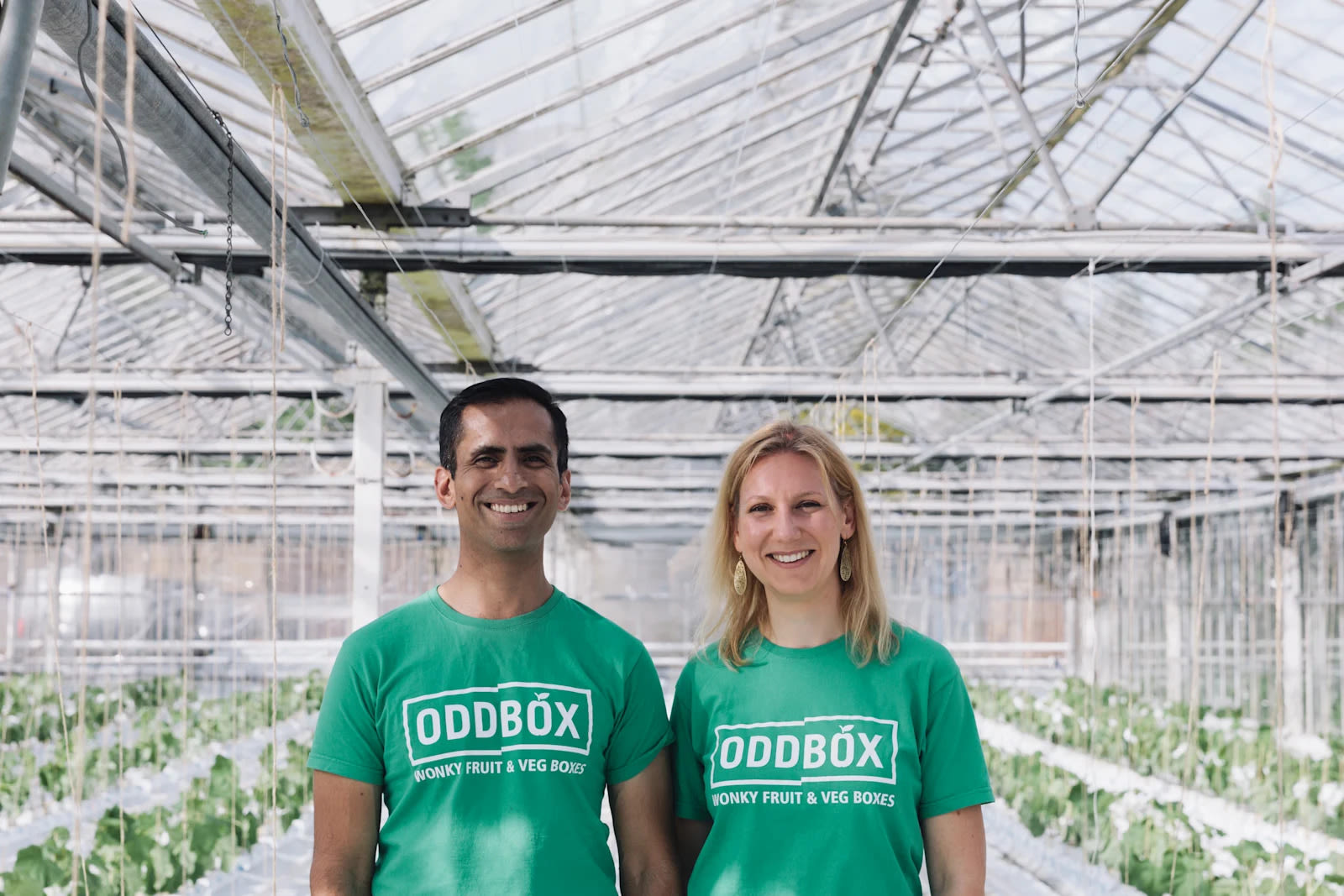Getting B Corp certified: Virgin StartUp founders share their top tips
Virgin StartUp is a big supporter of purpose-led start-ups. In the past 10 years, the not-for-profit has supported hundreds of new business founders who want to have a positive impact in the world.
One way that new business founders can cement their commitment to balancing purpose and profit is to apply for B Corporation Certification, also known as B Corp. In fact, 80% of the B Corp community is made up of micro and small-sized businesses.
March is B Corp Month, a time when B Lab and the global B Corp community come together to celebrate what it means to be a B Corp and highlight how they’re continuously improving to create more inclusive workplaces, deliver more ambitious climate strategies, and respond to the world’s ever-changing issues.
To mark the month, we asked four business founders, who all started their businesses with a Start Up Loan from Virgin StartUp, share why they chose to get B Corp certification, what it means to them and what advice they’d offer to other founders.
“Be prepared for rigorous assessment”
DASH Water makes fruit-infused water using wonky fruit that would otherwise have been thrown away. Founded in 2017, DASH Water is now the UK’s fastest-growing drinks brand and has expanded into France and Australia.
Co-founder Jack Scott explains: “Our aim has always been to create a business that not only thrives economically but also contributes positively to environmental and social causes. Maintaining B Corp status has been an ongoing challenge, requiring continuous effort and dedication to meet the high standards set by the B Corp programme and making continual improvements in our operations.
“My advice to early-stage founders is be prepared for a rigorous assessment and use it as a roadmap for continuous improvement. Embrace the challenge as an ongoing commitment and embed the principles of social and environmental responsibility into the very fabric of your business.”
“Reach out to B Corp businesses like yours”
Citizens of Soil launched in 2021 making extra virgin olive oils from female producers who practise regenerative farming. Citizens of Soil is now sold in 155 Waitrose stores and 28 Booths stores nationwide.
Sarah Vachon, co-founder at Citizens of Soil, says: “Impact has always been baked into our purpose and getting B Corp certification felt like the next step to backing up that commitment and holding ourselves accountable.
“In total, the whole process took us around 18 months, so I’d encourage anyone who’s interested to start the B Impact Assessment as soon as possible. It’s open and it’s free – and just setting it up is a great way to start a solid foundation for your business. I’d also recommend having a chat with a friendly business who’s recently become a B Corp. Reach out to B Corp businesses like yours and ensure you’re in the right category. We learned loads and were given lots of great templates for all the policies and documentation that you need to make from other B Corp start-ups.”
“Becoming a B Corp Certified brand isn't easy”
UpCircle is the UK’s #1 upcycled beauty brand. The company recycles leftover natural ingredients, like coffee grounds, and turns them into beautiful skincare. Founded in 2016, UpCircle now rescues more than 100kgs of by-product ingredients per day and has refilled more than 80,000 pieces of packaging to date.
UpCircle co-founder Anna Brightman comments: “The primary challenge for us is the complexity of our supply chain. Each ingredient that we upcycle has already had an entire “life”, usually in a completely different industry to our own, with completely different processes and priorities. It means we have twice the work to do to trace our ingredients RIGHT back to the start. We now upcycle more than 50 ingredients, so it’s no small task!
“Becoming a B Corp Certified brand isn’t easy, but it is definitely something all companies should strive for. B Corp allows us to be transparent about how we function and shows what we stand for. It’s a rigorous process, but it means we can be open and honest in a meaningful way.”
“Our B Corp certification is more than a badge”
Oddbox is a fruit and veg box subscription service that tackles food waste by using odd and surplus fruit and vegetables. Since 2016, the business has delivered eight million boxes and rescued 45 tonnes of food at risk of going to waste.
Emilie Vanpoperinghe, co-founder at Oddbox, explains: “Our B Corp certification is more than a badge – it’s our commitment to our people, our community and the planet – how we care about minimising the impact of our operations and that we are continuously looking for better solutions. My advice to new founders interested in B Corp is to be realistic on when is the right time to do so. We got B Corp certified quite early in our journey as it’s easier when you don't have complex processes, however it still requires several months' focus. It also meant we had to find the balance between doing everything right and our financial sustainability. Sometimes slow and steady progress is best. We put in place a long-term plan with realistic targets on an annual basis.”
